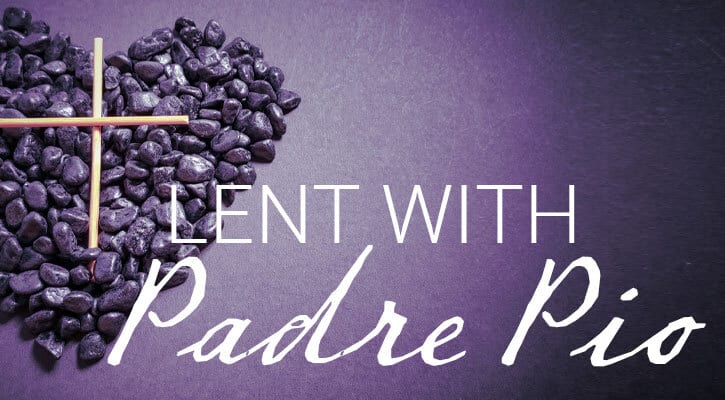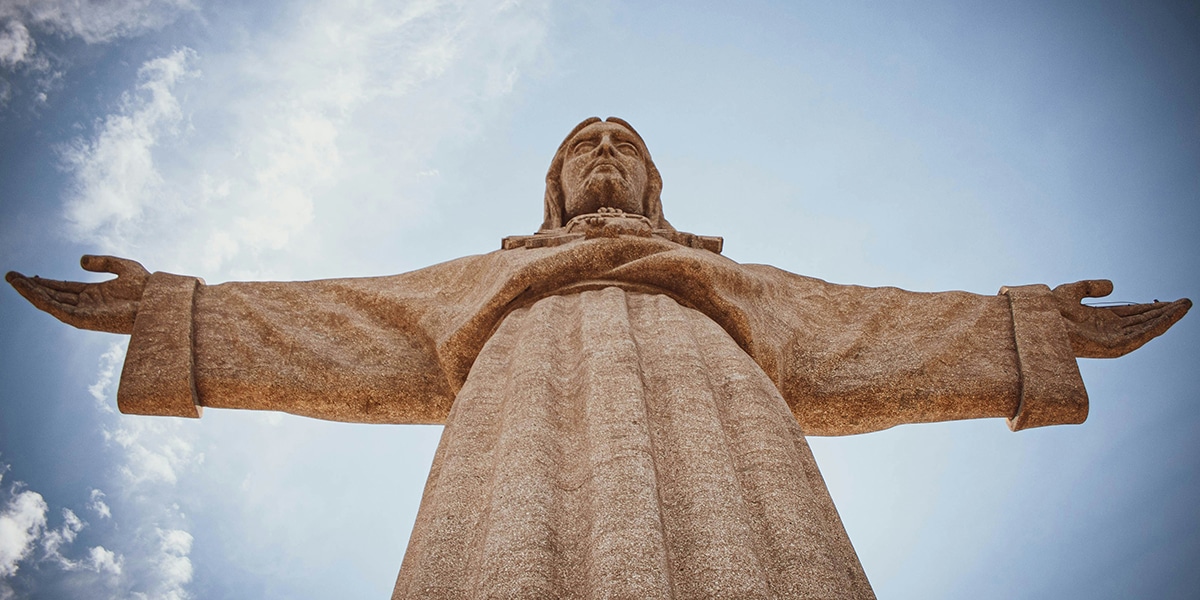“We should do this more often.” A middle-aged man is speaking to a woman somewhat north of middle age standing at his side.
I am doing what I do best: Eavesdropping.
The couple is leaning on the upper deck railing of a Washington State Ferry on a summer day. We are headed across the Puget Sound, from Seattle toward the Kitsap Peninsula. I can tell it’s their first ferry ride, first trip to the Pacific Northwest, and likely a very special occasion. The Olympic Mountains, still snow-tipped, fill our panorama. I have lived in this neck of the woods over thirty years, and this tranquil scene—a melding of pewter-blue water with a hunter-green tree line—has not yet failed to give me gooseflesh. Whenever I return from a trip, the mountains and water always reorient me. Listening and watching this couple, it is apparent that they too are plum-tickled, finding enchantment and solace in nature’s pageant.
“We should do what?” she asks.
“Take these kind of trips,” he tells her. He gestures, “Take the time to enjoy all of this. The fresh air, the mountains, the blue sky, for two weeks no kids or grandkids and nowhere to be and no time to be there. It’s our chance to slow down.”
“But we’re doing it right now,” the woman offers.
“Yes,” the husband persists, “but think of all the opportunities and years we’ve missed.” He begins the very long litany of all the trips that should have been, and each story gets more and more depressing.
I realize that I need to intervene. “Dude,” I say, benevolently, “If you don’t shut up, you’ll miss this trip too.”
Time to Stop Waiting
“Wherever you are, be all there,” Jim Elliot reminded us. Which is all well and good until we admit that we all practice a finely honed skill of expecting life to reside in an event or experience or occasion other than the one we are in right now.
There are those lucky moments when we recognize and embrace the here and now. And when that happens, I’ll be if we don’t want to bottle it up, and sell it on eBay. (This makes me think of the Transfiguration story in Mark’s Gospel. Peter is so worked up he wants to build three condos and call it permanent.) Or worse yet, we feel compelled to evaluate or measure each experience, as if a superlative is a requirement for its enjoyment. “That was the best,” we update anyone who asks on our social media feed.
I was going to spend some time wrestling with the wisdom of Jim Elliot’s statement, and distill it for a lecture, but Brian called me this morning with “an exciting opportunity.” His name didn’t ring a bell, but Brian chatted like he knew me well. And, it’s not every day you get offered an exciting opportunity. Brian wanted me to have a free satellite dish. All for me. This kind of generosity makes you all tingly inside, doesn’t it? I could get 500 channels, Brian told me. And all these options provide me “so much more to enjoy in life,” Brian chirped (literally, he chirped). And (Brian’s spiel had no pause button), I would never have to be “afraid of missing anything,” because I could record all the good stuff.
I didn’t want to burden Brian with the fact that being faced with a lot of options—like standing in the grocery store trying to choose cereal or toothpaste—makes me want to beat my head against a metal pole, so 500 channels might send me straight to the floor in a fetal position. Instead, I tell Brian that while I was “in awe” of his offer to appreciate life, I asked if I could make my decision after I spend the day potting some new cuttings for my garden, filling my bird feeders and taking a brief nap in my lawn chair. Brian was quiet. I’m not sure Brian understood.
While waiting for perfect, we pass on ordinary. While waiting for better, we don’t give our best effort to good. While waiting for new and improved, we leach the joy right out of this, or any, moment.
There’s nothing wrong with looking forward to something. Like my friend who likes to say, “I’m not going to have a midlife crisis until I can afford to buy a Mustang.” Fair enough. But most of the time, Alfred E. Neuman is right: “Most of us don’t know what we want in life, but we’re sure that we haven’t got it.”







